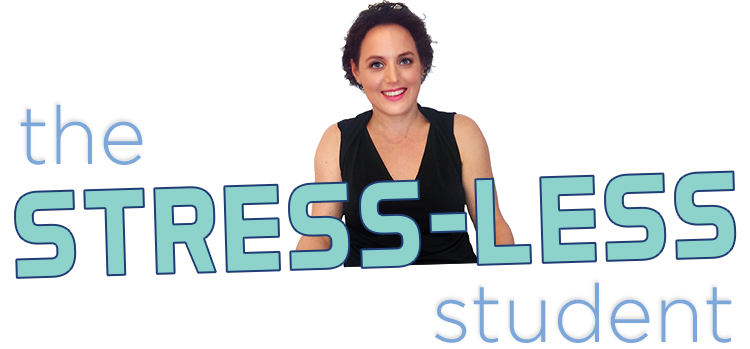A few years ago I was helping out with a Yoga Teacher Training for adults. I had taken the training many years prior and had been elated to discover it was summer camp for adults. The teacher for whom I staffed was my favorite. She was a former elementary school teacher and incorporated a lot of playfulness into her teaching. There were only a couple of “tests” given and the teacher had a handful of stickers that we would put on each student’s “test.” I came across one and so badly wanted to put the “PERFECT” sticker on this student’s assignment. “But she only missed one!” I declared. “It’s almost perfect.” The teacher smiled and said in wisefully playful,, “That’s the problem with perfection.”
I worked with a first year in college whose experience in high school (especially because of COVID) left much to be desired As part of his gen ed requirements he had to take a math course. At first it was easy. But then, the homework grades came in (even with the opportunity of a retake) the student was not doing it correctly. Apprehensive to ask for help, he kept it on his own and getting the same results. I suggested that he go to the math lab. “No,” he said. “I don’t like people hovering over me.”
“Hmm. Is that what people do in the math lab?” He hadn’t been yet and still wanted to try on his own. Frustrated when he didn’t pass the first exam, he talked to his professor. His professor suggested, not surprisingly, that he go to the math lab! His homework grades improved, although still left room for improvement. His next exam, was a higher score, although still not passing. He continued to speak to his professor and do the homework in the math lab. Each unit became easier as he started to understand how he learned..
When I talked to this student’s mother about his experience of college (especially the math) she responded, “We’re just so proud of him. I’ve never seen him in such a growth mindset as I have with this college math class,.”
It is often disheartening to work hard at something and not get the result that is expected. We often wonder, “What’s the point?” And what’s the point indeed if: the optimal result is only seen as the highest score, we don’t celebrate incremental progress and we don’t have the scaffolds or support we need in order to make progress.
In this case, the student saw progress as he asked for the help he needed. The professor graded for mastery of skill, and also provided the support to that mastery in a few ways: he allowed students a second chance at the homework, he encouraged support from the math lab (also a support provided by the school) and he offered office hours. The student also had the right support he needed from home. His parents allowed their child to define success for himself and celebrated the incremental progress he made in order to be a successful college student.
Our ADHD brains often lead us to think that if we are not at the top of everything the minute we set out to do it, we are doomed, whether we are worried about not getting the the grade on a test we want, or a part the play that we tried out for, or finishing a degree. Sometimes this is referred to as “the fear of failure.” We make our goal so impossible so that if we “fail” at reaching it then we don’t have to disappoint ourselves because we already know the outcome. It can make it difficult to try a new technique (just like the student who didn’t want to go to the math lab) because if we try something new and it doesn’t work, well then we failed again.
I encourage you to see perfection as incremental progress…and if one of the strategies you are using isn’t working…try something new. It may not work…but it also might.
Want some more tips and tricks for making progress? Curious about coaching? Sign up for a complimentary Destressify Yourself Session to see if coaching is right for you.
Wishing you a wonderful week!
Warmly,
Sarah Weidman



Recent Comments